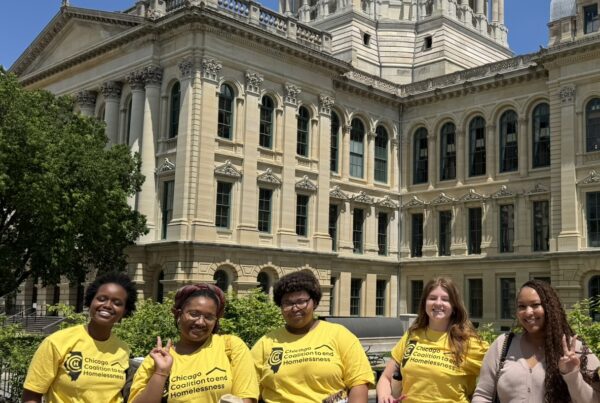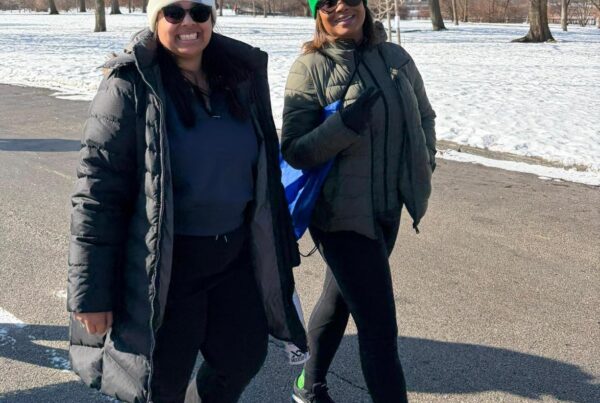CCH recently joined 126 other Illinois organizations on an open letter urging Illinois congressmen to protect federal nutrition programs, including the Supplemental Nutrition Assistance Program (SNAP) and the National School Breakfast and Lunch Programs (NSLP).
A related letter, signed by 139 groups, was sent Feb. 13 to Gov. Bruce Rauner.
These nutrition programs reduce hunger and poverty, improve health and learning among children, boost productivity, and create jobs and economic growth. They provided critical assistance to 1 in 7 people, or 1,914,000 Illinoisans, in fiscal year 2016, according to the Center on Budget and Policy Priorities (CBPP). They include children, seniors, people with disabilities, veterans, and low- paid workers. In Illinois, about 65% of SNAP recipients are families with children and 41% are working families, per CBPP.
These programs prevent hunger and some of the worst outcomes of poverty among our most vulnerable populations. They also serve as an economic stimulator, creating local jobs and promoting growth. Moody’s Analytics estimates that every $1 in SNAP benefits generates $1.70 in economic activity. In 2016, SNAP benefits drove about $3 billion into the Illinois economy, CPBB reports.
Our January 23 letter was sent to the 18-member Illinois congressional delegation in response to threats to cutback nutrition programs via funding cuts and block-granting. Slashing the anti-hunger safety net would be devastating for Illinois. Funding cuts or block-granting would guarantee that fewer households receive benefits and benefit amounts would decrease. Both programs would be less effective during economic downturns and emergencies, including natural disasters.
CCH joined 126 organizations in expressing our commitment to safeguard these critical programs, working with the Illinois delegation. Other groups signing the letter include Heartland Alliance, Illinois Hunger Coalition, New Moms, The Night Ministry, and Sargent Shriver National Poverty Law Center.
CCH will continue to collaborate with partner organizations to increase our advocacy around protecting nutrition programs for homeless and low-income people in Illinois.
– Beth Malik, Associate Director, The Law Project






